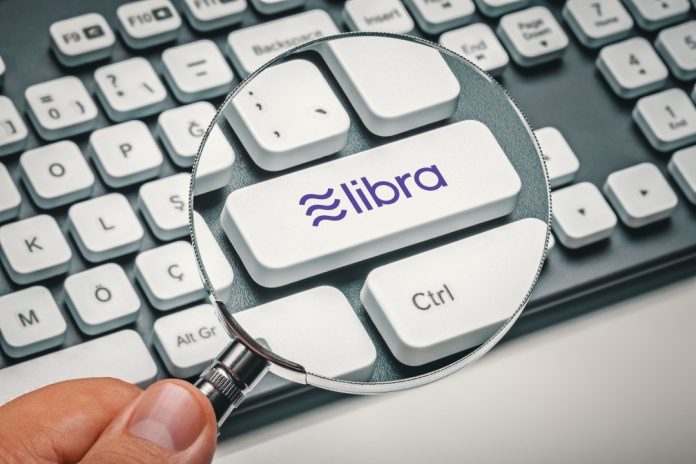Yesterday Libra, represented by CEO David Marcus, took part in a hearing at the US Congress to discuss the project and the impact that the Facebook currency could have.
The Cambridge Analytica case doesn’t provide confidence
According to Senator Sherrod Brown, Facebook is dangerous, because it would be able to manipulate the data in its possession for its own benefit, not least through the sale of user data, creating a business model that is focused on the users and their data. Surely, it is worth mentioning the countless scandals that have involved Facebook (see the Cambridge Analytica case) and for this reason, according to Brown, they do not deserve anymore trust.
“Do you really think people should trust Facebook with their hard-earned money? I just think that is delusional.”
The jurisdiction of Libra and FINMA
Libra’s headquarters are located in Geneva, outside the United States. David Marcus has given reassurances on this by promising that Libra will also comply with American law. The head of Libra also confirmed that the team is working with other European countries to manage the regulatory aspect.
Yesterday, Marcus explained that Libra will be regulated by the Swiss FINMA, but he will also work with both the US FinCEN and the Federal Reserve to “ensure that Libra does not compete with sovereign currencies or interfere with monetary policy”.
Libra and the privacy issue
The next question asked by the US Congress was about the information collected on transactions and wallets, thus demanding an explanation as to how they work: in this regard Marcus said that information related to the transfer of tokens will not be collected and will not be shared with other companies in the association or by other bodies.
Another question concerned the security of the data collected by Facebook, mentioning the recent fine of $5 billion. Marcus replied that it is true that they made mistakes in the past but that Libra will not have access to Facebook data.
Brown then asked Marcus if he would accept and if he would trust his salary to be paid 100% with Libra: the answer was affirmative but it was not enough to convince the democratic exponent Sherrod Brown:
“We’d be crazy to give them a chance to experiment with people’s bank accounts, to use powerful tools they don’t understand, like monetary policy, to jeopardize hard-working Americans ability to provide for their family. This is a recipe for more corporate power over markets and consumers.”
Reference was also made to the last doubts raised by the US President himself, Trump, and whether we should not wait before launching the project. Marcus explained at this point that they would certainly be prepared to delay the launch of Libra. As mentioned earlier, Libra was announced a year earlier precisely in order to resolve and clarify all possible problems.
Then, Senator Pat Toomey spoke and asked if Libra might want to share transaction data with other external companies in the future, but Marcus replied that it was not their intention. Marcus then reiterated that Libra will not generate interest and that they will have to find other types of incentives for its use.
During the same Congress session yesterday, Senator Jon Tester expressed his doubts about the protection of users from hacker attacks: Marcus has guaranteed that they will work 24 hours a day, 7 days a week to ensure that the wallets are safe. Despite the answer, Tester expressed his distrust because he said it would not be possible to have protection like the one provided by banks.
Marcus repeated that Libra is pegged 1 to 1 with the underlying in fiat currencies and explained that all transactions will be compliant with the various KYC and AML procedures.
Conclusions
Overall, when viewing the live streaming of the hearing at the US Congress, the perception was that all Senators, both Democrats and Republicans, were seriously concerned about the Libra project, in terms of security and privacy as well as the possibility that the Facebook currency would compete too much with the US dollar. Such was the impact that the Senators called Marcus’ proposal “delusional”, but he said on Twitter that he was almost satisfied with the hearing.
2/3
The conversation was thoughtful and highlighted important issues we, and the @Libra_ Founding Members, will need to address. I want to reiterate here what I said before the Committee: We will take the time to get this right.— David Marcus (@davidmarcus) July 16, 2019



